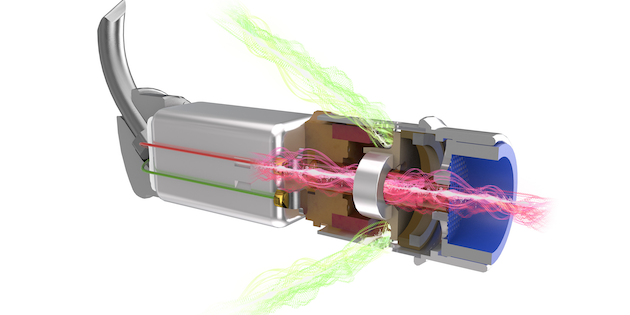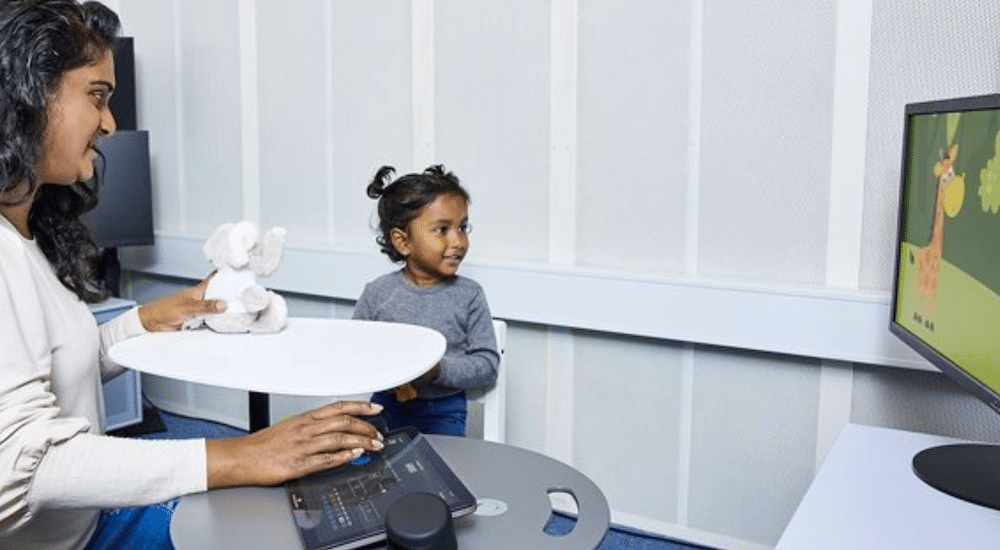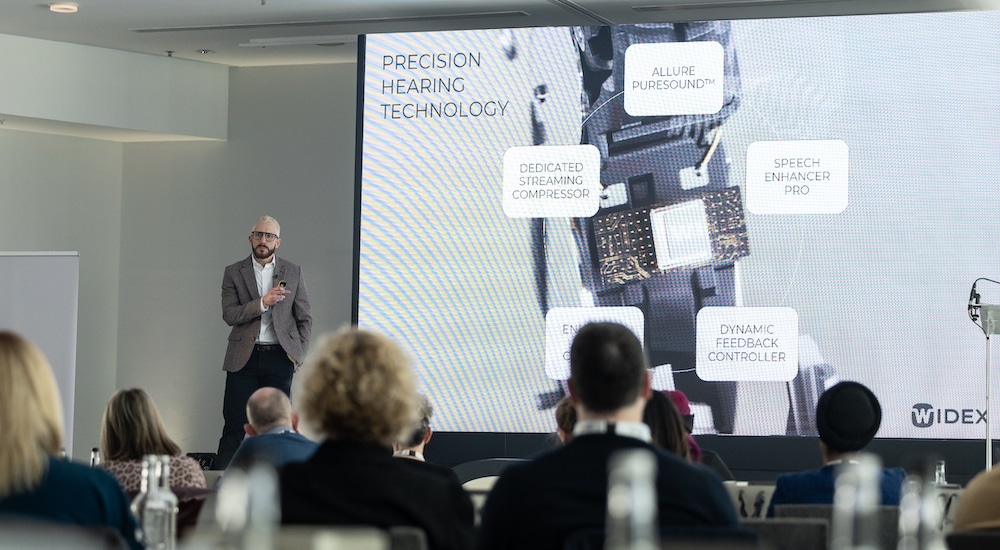Phonak expands the intelligence of Paradise, opening its gates to unilateral hearing loss users
hearing aids
ActiveVent and CROS P are the latest additions to Phonak's Paradise line of hearing aid technology, now the best-selling platform in the company's history.

And the first of these technology expansions brings the claim from Phonak of having created "the world’s first intelligent hearing aid receiver": ActiveVent Receiver automatically opens and closes based on the listening environment. It works using a mechanically switching vent that intelligently balances speech clarity in noise with listening comfort , thus combining the hearing performance of a closed fit with the comfort of an open fit. For more info click here.
Unilateral hearing loss
The also-new CROS P is Phonak Paradise's solution for people with unliateral hearing loss (UHL). Within the Paradise platform, CROS P and Audéo P improve speech recognition in noise when speech is presented to the non-hearing ear. Both are easy to use, rechargeable, and feature universal Bluetooth connectivity to smartphones, TVs, laptops and more, including Roger devices. Further details are available here.
When are ActiveVent and CROS P available?
ActiveVent will be available to order from Monday August 23 via licensed hearing care professionals in the UK and Ireland. CROS P will be available to order in the UK and Ireland towards the end of 2021.
The Phonak Paradise hearing aid has sold really well for the company, which claims over 1,000,000 Paradise units shifted in the past year despite the pandemic.
Jon Billings, Vice-President Phonak Marketing, underlined the significance of this expansion for his group: “Just one year ago we introduced Phonak Paradise with the goal of helping consumers rediscover the wonders of sound. These products represent our commitment to superior sound quality in even the most challenging listening situations—and now for virtually every form of hearing loss.”
Source: Phonak



